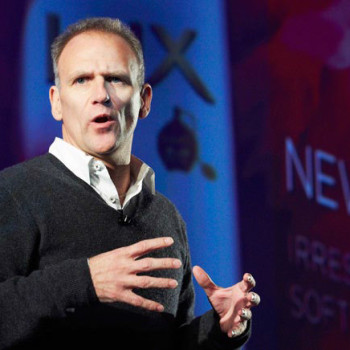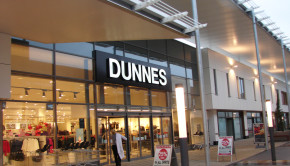New year, new challenges

With the pressure well and truly on for the UK's 'Big Four', Fionnuala Carolan offers a timely reminder of the consequences of a race to the bottom in pricing
15 January 2015
Happy New Year one and all! The start of the year always involves an analysis of the Christmas trading period. This year was no different. What was a tough final quarter in 2014, was saved somewhat by strong sales in the days leading up to Christmas.
The most notable news that has come to pass, bar the fact that Cadbury has tampered with the chocolate in its Cream Eggs (tut tut), was the news from Tesco in the UK that it is to close 43 of its underperforming stores, do away with its staff pension scheme and will be moving out of its headquarters in Cheshunt in a bid to cut costs. Chief executive Dave Lewis or Drastic Dave as he is fondly referred to in the UK, is certainly living up to his name. It feels like he spent the first few months on the job unearthing all the bad news and he is keen to start 2015 with a clean slate. One of the most notable measures that he mentioned was a plan to cut prices on 1,000 products in the months ahead. This was announced a couple of days after Sainsbury’s said it was investing £150 million in price cuts and Asda is to invest a whopping £300 million in price cuts.
It would seem like the race to the bottom has started within the grocery market in the UK and while the consumer will be happy with the results in the short term, the real losers are the suppliers and in the end the consumer, because when the suppliers’ margins are drastically reduced the quality of the food will start to be compromised. Anyone remember the horsemeat scandal? This all had to do with pressure on pricing from the large multiples. Cheap and nasty substitutions were made to meat products to pass them off as something they were not and it was only discovered by chance when the Food Safety Authority of Ireland did a random spot check on some products.
When a scandal like this breaks, it shocks people to the core and we think that we will never see the likes of it again but it is very likely and quite probable that food could be compromised again in order to reduce costs if suppliers are put under enough pressure. Despite the retailers suggesting that they are investing in the price cuts to cover the losses, there is no way that the suppliers’ prices remain static during these times. The retailer may go some way to cover the costs but it is a gradual pushing down of prices which can be very hard to reverse when the promotion finishes.
Don’t get me wrong, I think it’s great to have such a thriving and competitive grocery market but a price war is not a desirable outcome. Tesco uses over 400 Irish suppliers for both Ireland and the UK so even if a price war didn’t extend to Ireland, Irish suppliers would be affected. And considering Ireland is one of the most lucrative but toughest markets for Tesco you can be sure that any drastic actions taken in the UK will happen here too. This will encourage Dunnes and SuperValu to compete in the same manner and it will be a lose, lose situation for everyone. It will be very interesting to watch how it all unfolds as the fight for market share continues. I’ve no doubt that 2015 will be a remarkable year for grocery retailing.
Fionnuala Carolan,
Editor



 Print
Print






Fans 0
Followers